Differences and similarities between words

Exploring the shades of sound: "noisily" vs. "loudly"
While "loudly" refers specifically to the high volume or intensity ... Learn more →
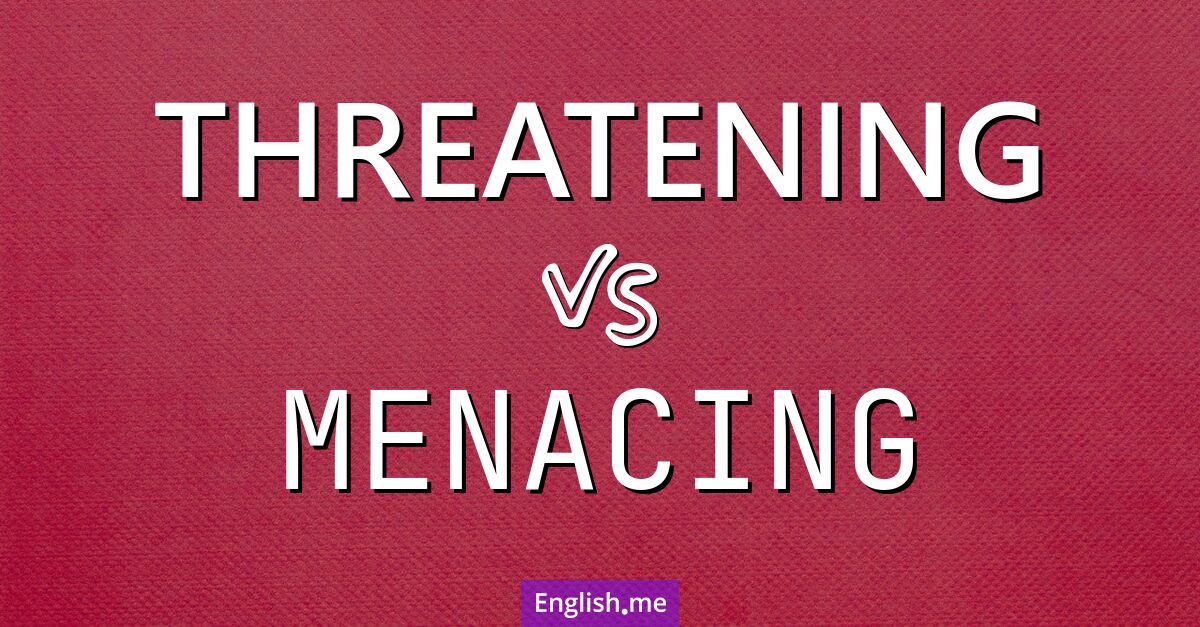
Dangerous words: comparing "threatening" and "menacing"
The word "threatening" often implies an explicit intent to cause ... Learn more →

"Ferociously" vs. "fiercely": nuances of intensity
The word "ferociously" often implies a more savage, wild, or ... Learn more →
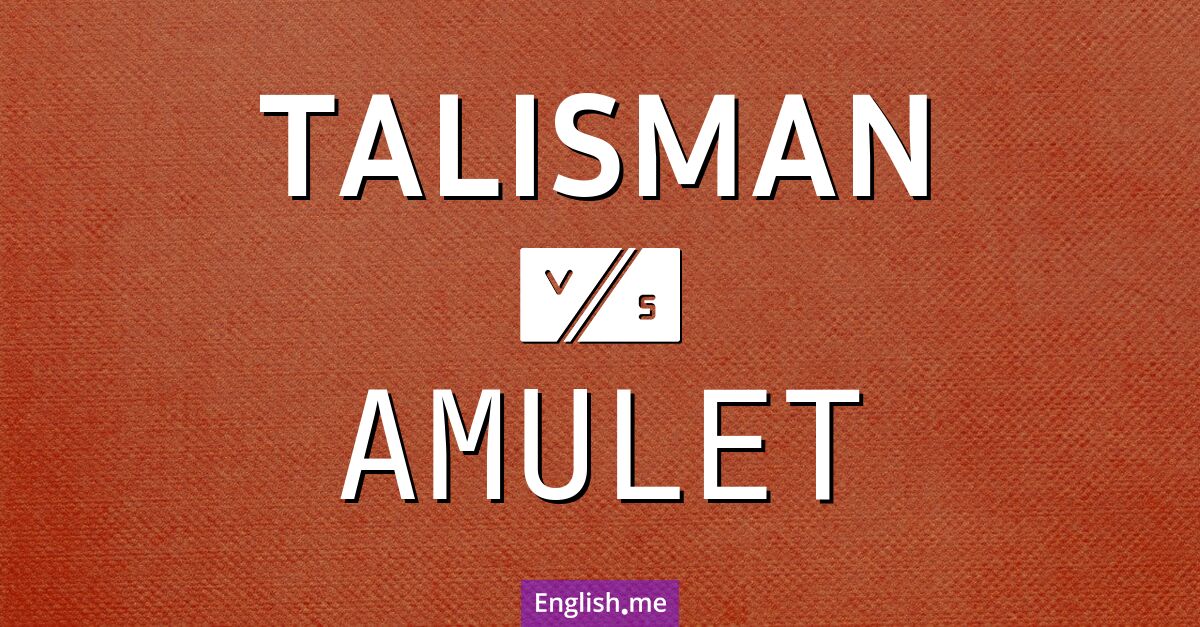
Charm or power? Exploring "talisman" vs. "amulet"
A "talisman" is typically an object that is thought to ... Learn more →

When words feel heavy: exploring "insufferable" vs. "unbearable"
"Insufferable" often describes something annoying, overbearing, or arrogant, and is ... Learn more →
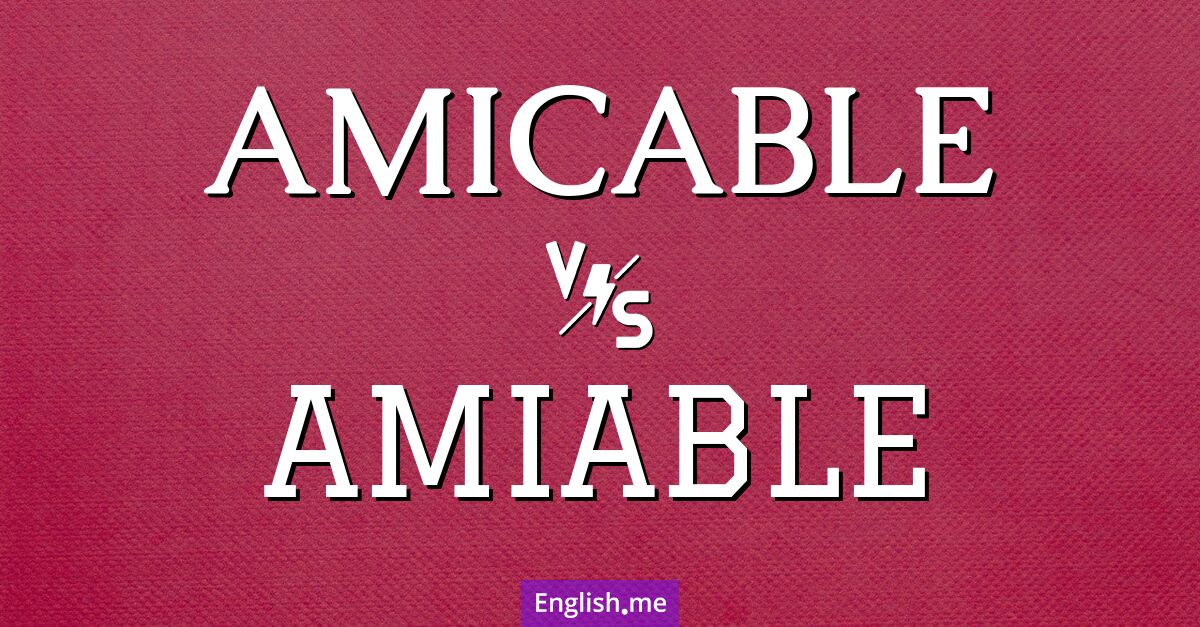
"Amicable" vs. "amiable": a friendly comparison
The word "amicable" typically refers to relationships or agreements that ... Learn more →

Exploring the contrast between "get" and "receive"
"Get" is generally more informal and can imply obtaining something ... Learn more →
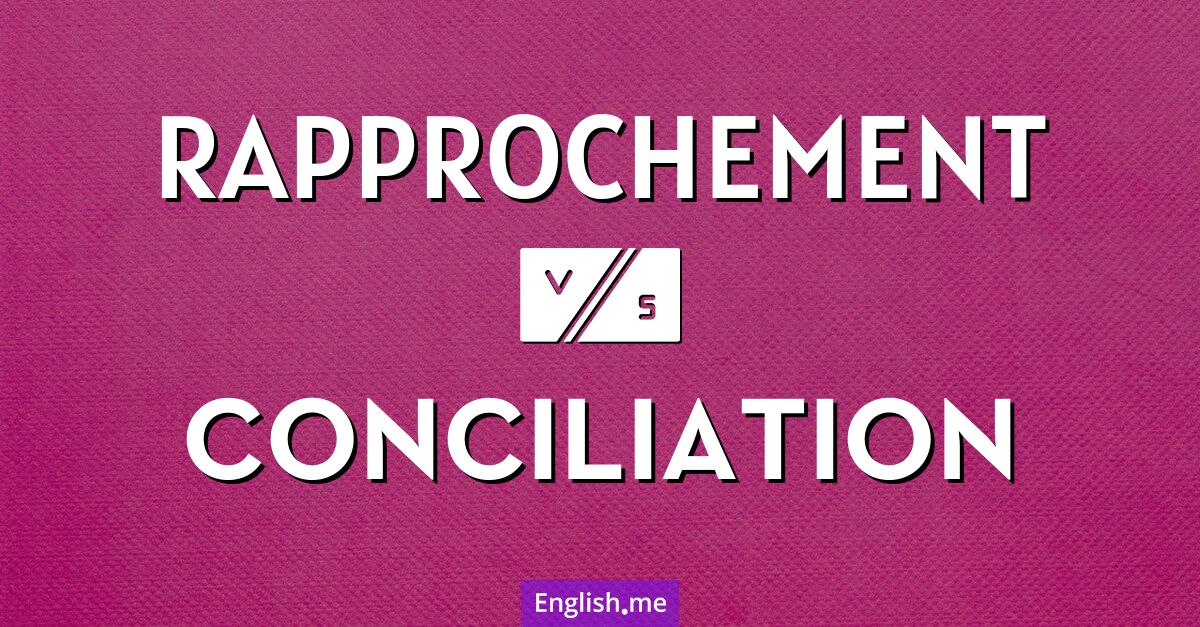
Bridging gaps: "rapprochement" vs. "conciliation"
Rapprochement often refers to the renewal of friendly relations specifically ... Learn more →

Shining a spotlight on "light" vs. "lite"
"Light" has a broader range of meanings including illumination and ... Learn more →
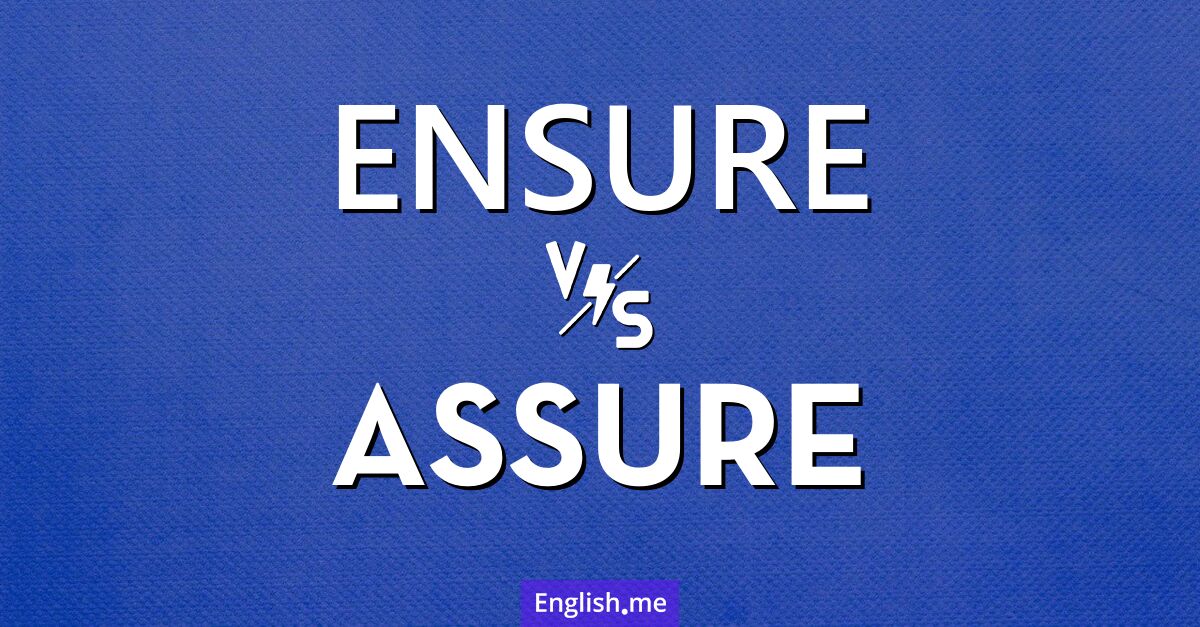
Distinguishing "ensure" from "assure": a closer look
The word "ensure" means to make certain that something will ... Learn more →

 English
English español
español française
française italiano
italiano deutsche
deutsche 日本語
日本語 polski
polski česky
česky svenska
svenska Türkçe
Türkçe Nederlands
Nederlands